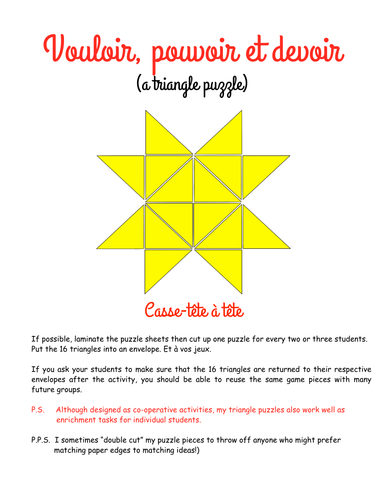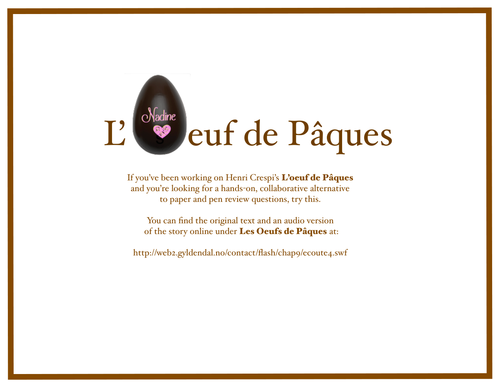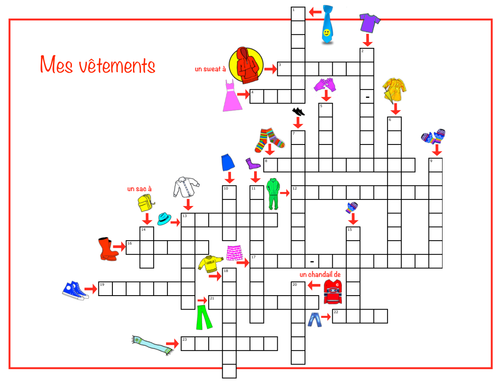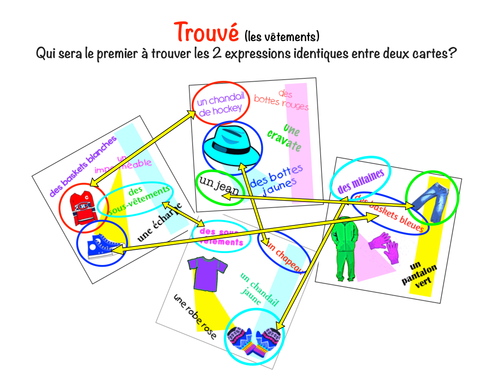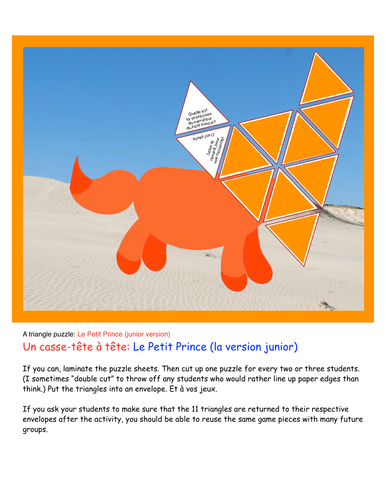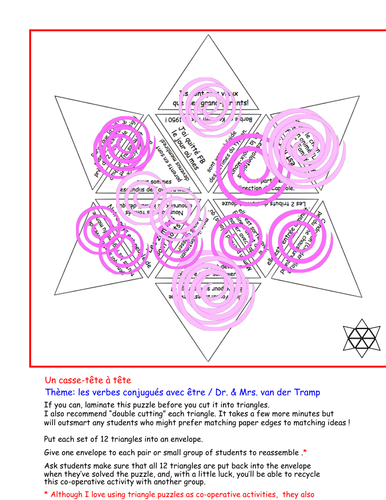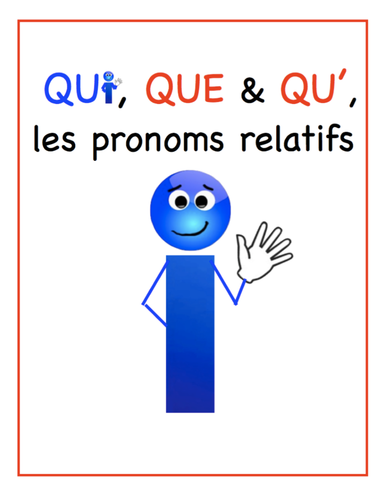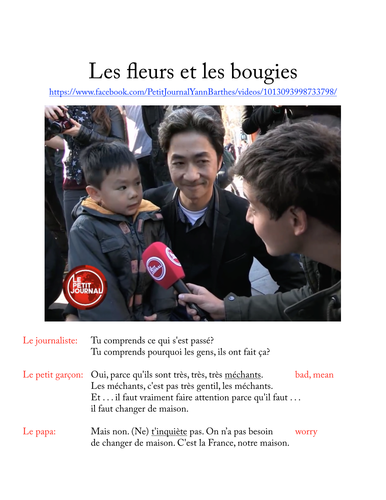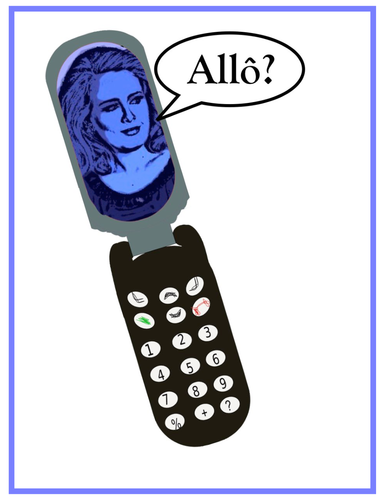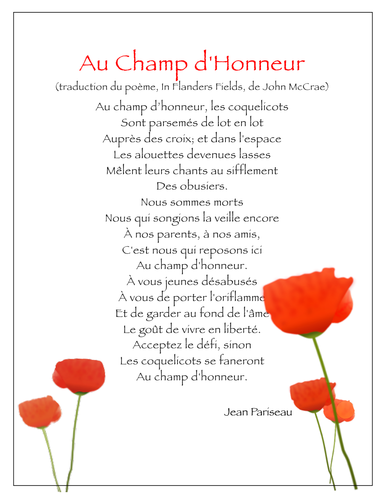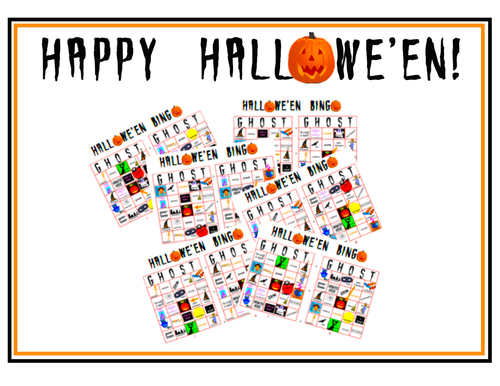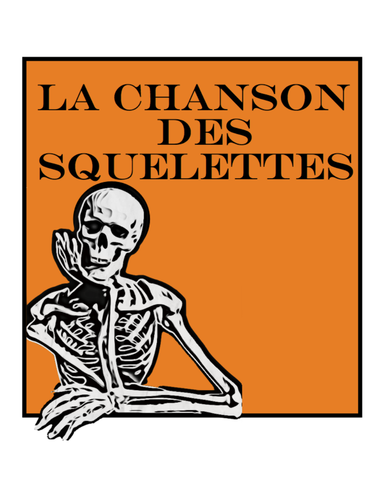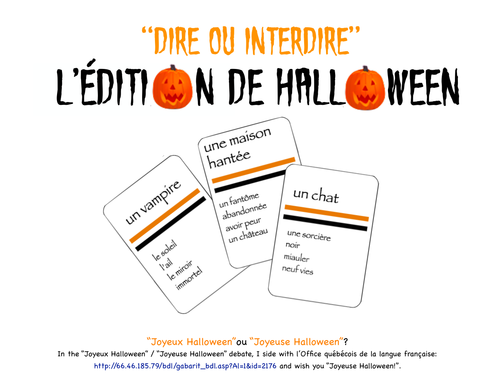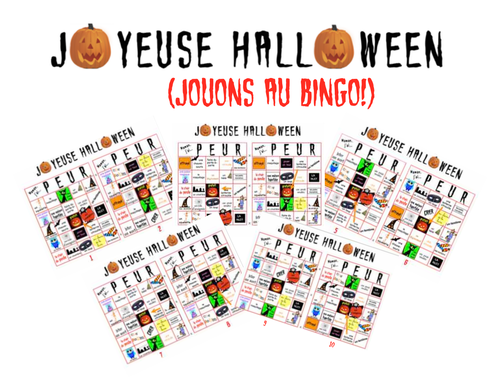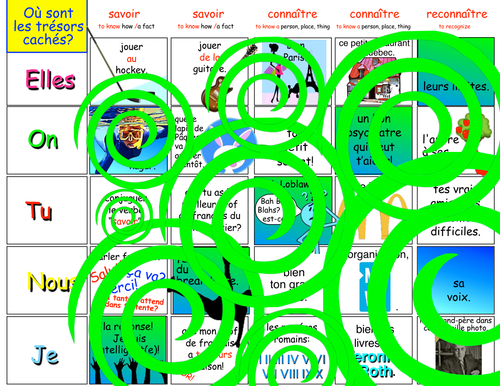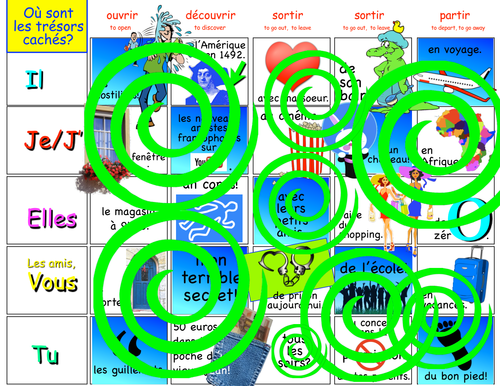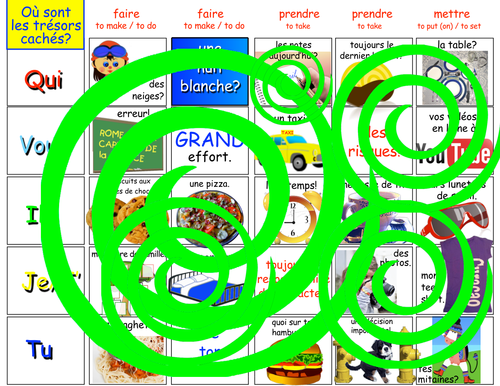thefrenchwhisperer
A few years ago, I retired from my position as head of Modern Languages, a bit fearful of the "R" word. But to date, it has been nothing but fun! Canadian law requires school-aged actors to study with a qualified teacher when they’re off-camera. Many of our young actors are in immersion French so I've found a happy little niche, teaching a few days a week as an on-set tutor and moving in inspiring and creative circles! Furthermore, I get to share resources here! Vive la retraite!


